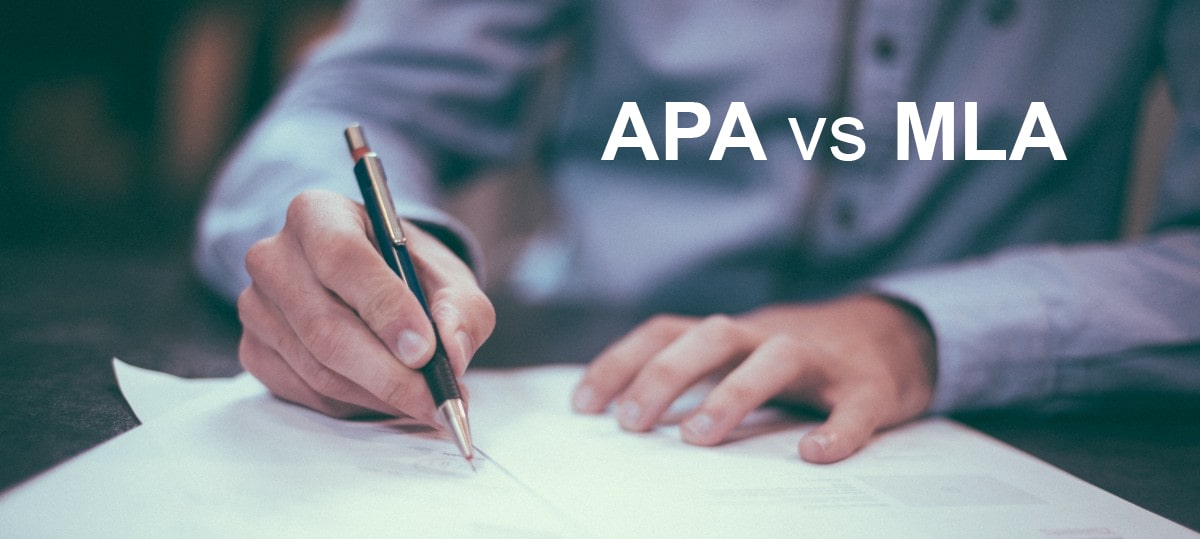Once you reach college or university, the level of writing that is expected from you should be quite high. They sometimes teach you this in high-school or junior high, but at a very basic level. Your professors will demand that your paper be written in a certain format, and your brain might be hurting on figuring out what exactly that means.
Having a certain style of citations and writings help the reader process all the important information regarding the assignment. Think about it as a covering letter and CV. One has more personal information, and the other has more professional information, but the reason why we have it separate is so that the employer can easily find and access the important information without having to dig through the text.
The art of writing academic papers is difficult to navigate as it really depends on the content being written, and the purpose for your work. And if that isn’t enough, you still have to write a very informative, well-researched and well-developed paper. The reason we have certain formats of writing is to effectively document your information and sources. It helps us avoid “fake-news” and “alternative facts” that the internet has brought us.
So what exactly are your options for writing formats?
What is MLA?
MLA stands for “Modern Language” association, and is mostly used for writing about literature, language, history, art, and theater subjects. It was created originally to cite books, anthologies, literary works, and works where the location of the information is important. It cites specific references to lines or paragraphs that are relevant to the topic you’re writing about.
What is APA?
APA stands for the American Psychological Association, and is mostly used for writing about science subjects, like sociology, history, communication, and biological sciences. It can also be used in business courses. It was created to cite overall bodies of work like journals and technical reports. The location of the citation isn’t as important as the edition of the body of work or the author.
Both MLA and APA will use 12 pt Times New Roman Font, with 1 inch margins and double spaced typing.
Which one is better?
This question doesn’t have a correct or incorrect answer. Depending on the subject matter and what your professor asks for, your formatting options will be limited. Always consult your professor on which to use, as different courses will ask for different citations. If it is your choice, follow the guidelines on subject matter: MLA for literature, language, history, art and theater subjects, and APA for science subjects.
So how do I use these citations?
The good thing about these two particular citation styles is that they are similar to each other. The information is presented in a different way, highlighting the important aspects. Here a table breaking down the differences between them.
|
MLA |
APA |
|
|
|
|
|
|
Generally, these are the formats you will have to use for each, but there are also some small things that are often overlooked as well.
- Capitalization in MLA for titles will use a capital letter for major words.
Ex. The Identity of English Literature - Capitalization in APA for titles will use a capital letter only for the first word.
Ex. The identity of english literature - MLA and APA in-text citations will use a period outside the parentheses
Ex. (Shakespeare 25). / (Shakespeare, 1580, 90). - MLA and APA papers will need a “Running Header” using your last name, and the page number in the top right corner of every page.
How to Cite Block Quotes
Block Quotes are long quotations, usually 40 words or longer or 4 lines of text.
They are indented on a new line and presented without quotation marks:
All the world’s a stage
And all the men and women merely players:
They have their exits and their entrances;
And one man in his time plays many parts,
His acts being seven ages. (Shakespeare 138-142).
How do I write my source page?
Another part of using these formats is the source page, the place where all the sources you’ve used are listed in a certain way. In both formats, it is written as a separate page at the end of your paper. APA calls it a “Reference List” whereas MLA calls it a “Works Cited” page.
|
Reference List (APA) Surname, First Initial. (Year of Publication or Translation). Title of play. (Translator Initial(s). Surname(s), Trans.). Editor Initial(s). Surname(s). (Ed.). Publisher. (Original work published date) |
|
Works Cited (MLA) Author Last Name, First Name.Title of Play. Editor or Translator. Publisher, Publication Date, Location. Shakespeare, William. Much Ado About Nothing. Ed. John F. Cox. Vol. 2. Cambridge University Press, 1997. Google Books. |
At the end of the day, writing an academic paper can be very exhausting if you don’t know the proper way to format. This makes it difficult also for readers to follow your ideas if they need to consult your sources, and therefore makes your writing a bit less effective. Luckily, there are several websites that can help you create these citations so you can spend more of your time researching and writing the actual paper. Check out free resources like EasyBib or BibMe to create your citations. And if you’re having trouble with anything else writing related, head to Assignment Expert Writing for all your assignments needs.





